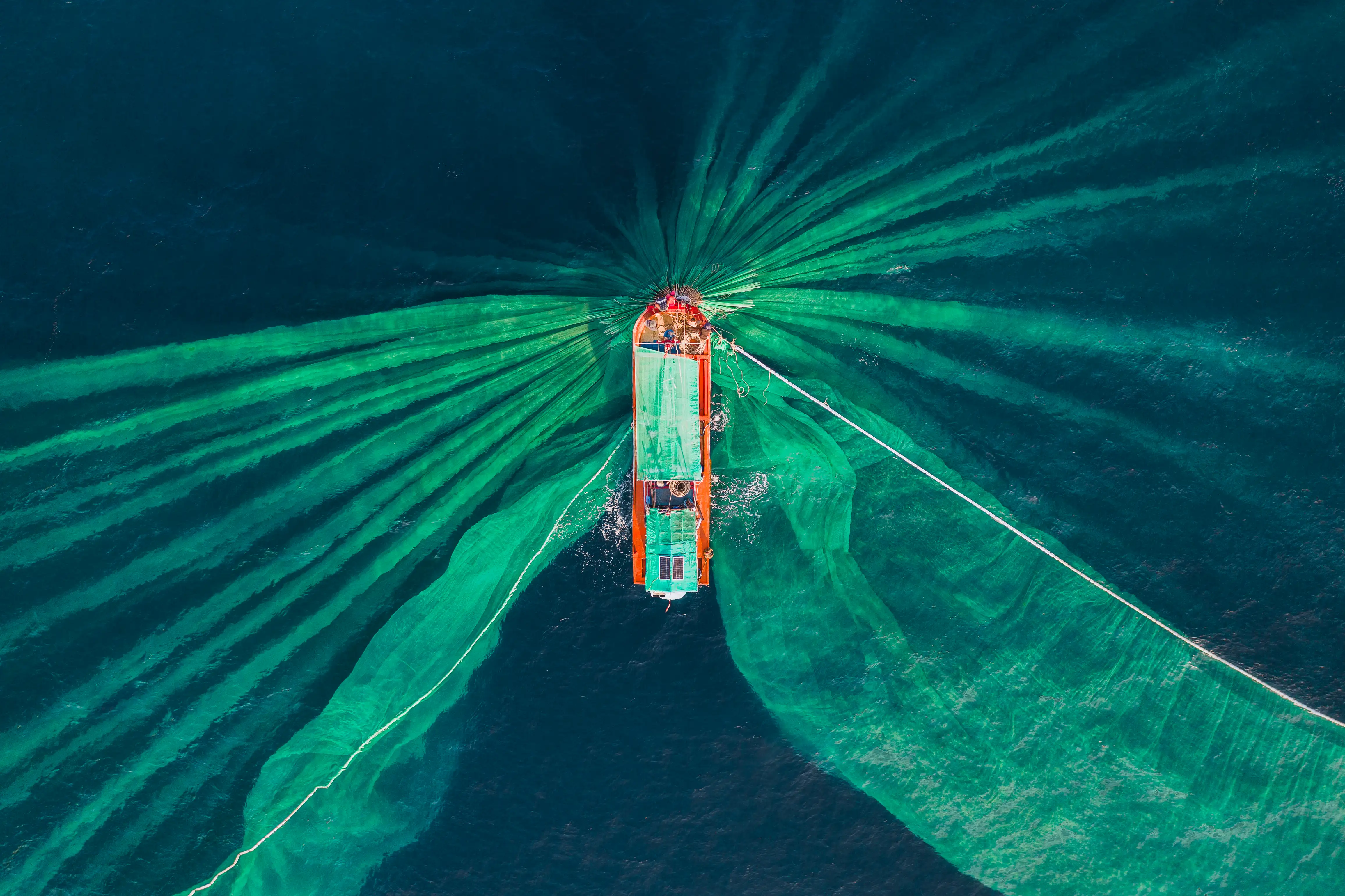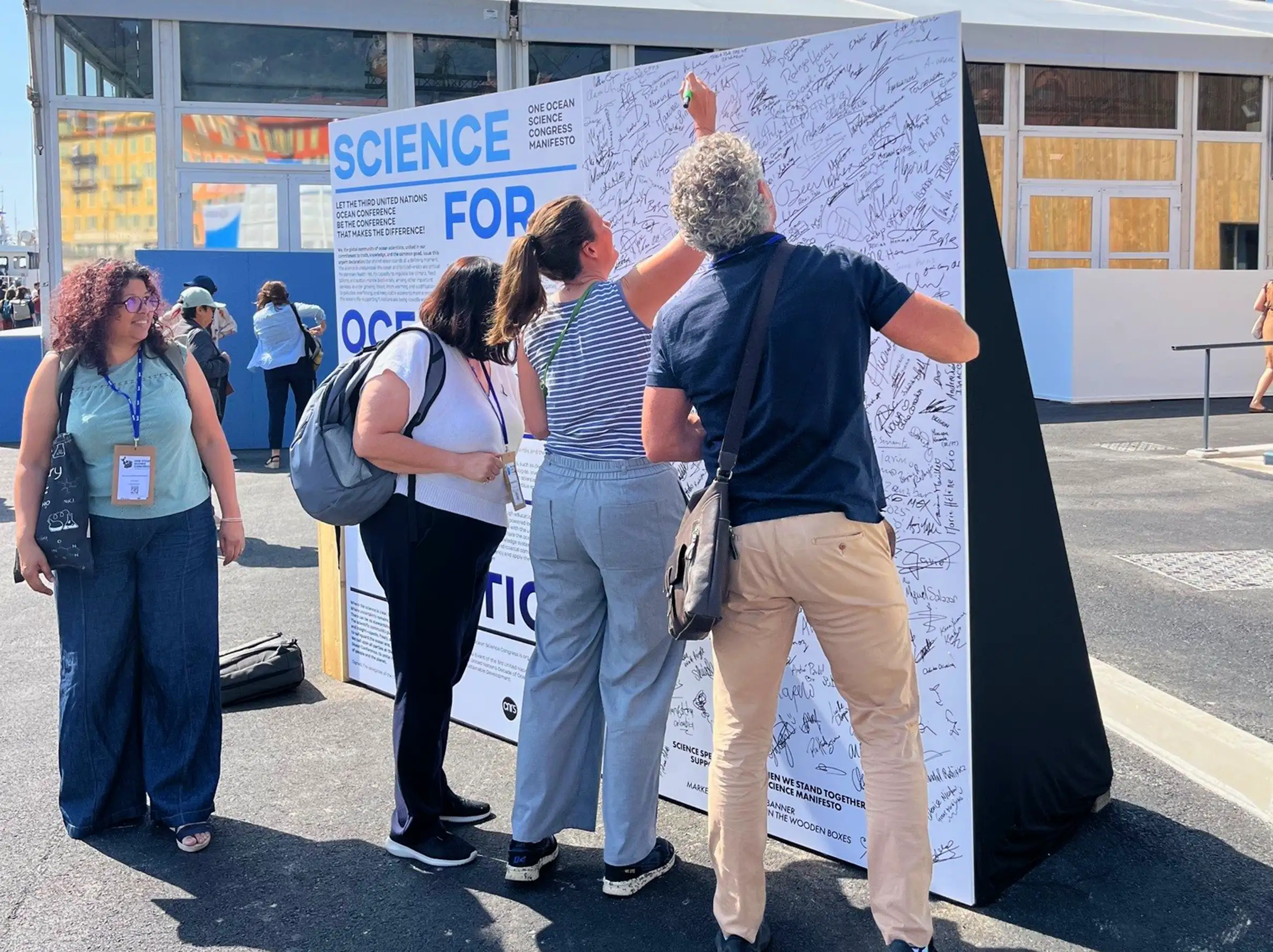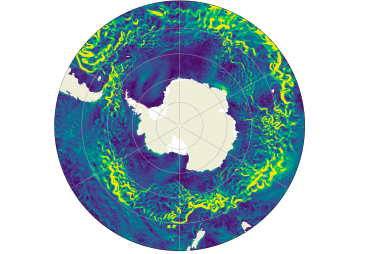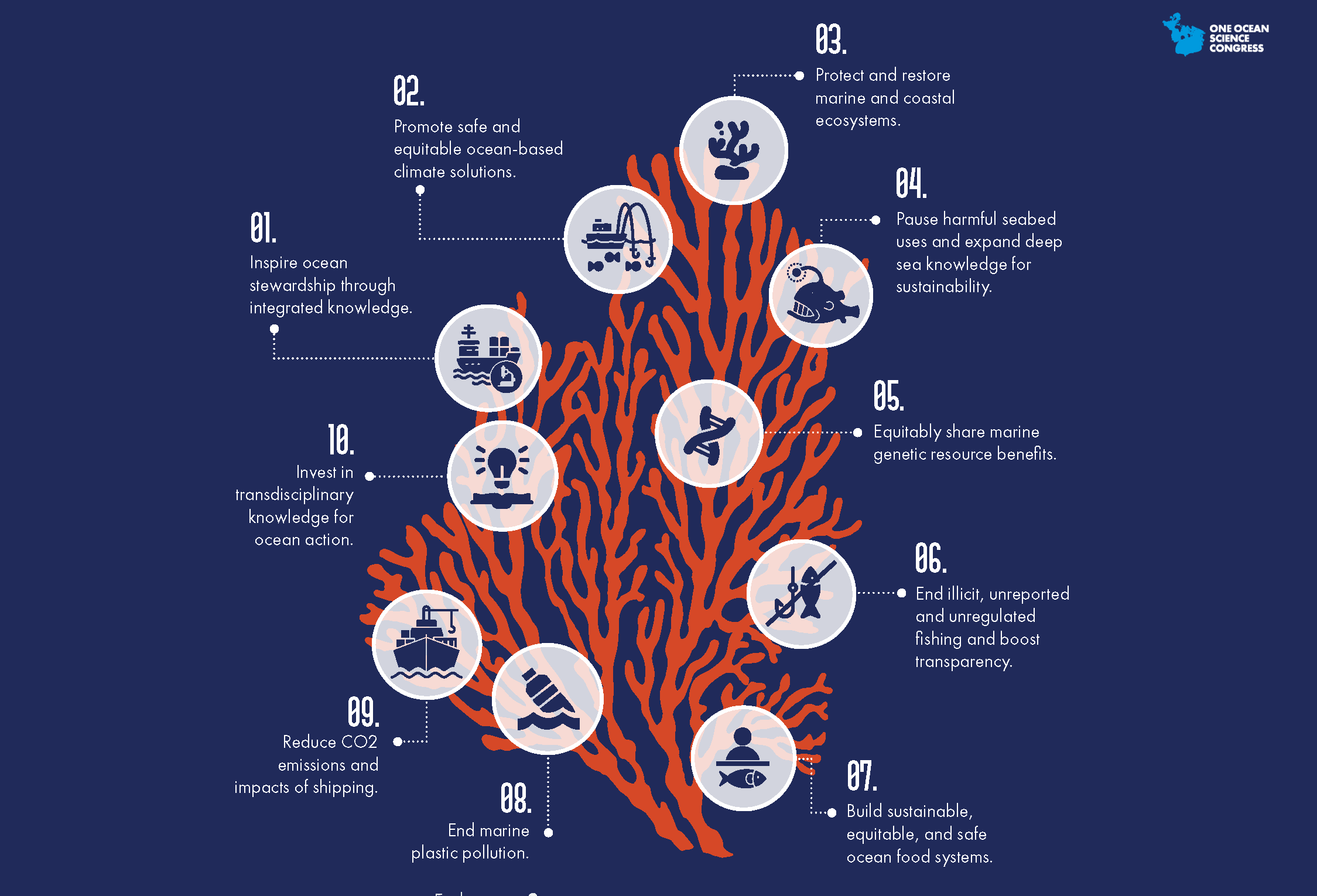
Scientists have created a manifesto for our ocean

The ocean is fundamental to life on our planet and to our future. It’s time for leaders to listen to the evidence-based science and act
Published 16 June 2025
On the first day of the One Oceans Science Congress (OOSC) in France it was clear this was not a normal science conference.
When the string of dignitaries spoke in Nice, there was a pattern – listen to the science; our oceans are in trouble.

The Mayor of Nice broke into English to reiterate his point to “believe in the ocean science and act now”.
This is not the frank and clear language we are used to hearing from some of our politicians.
While refreshing it also carried with it two powerful themes that continued into the third United Nations Oceans Conference (UNOC3) that followed as part of this 12-day ocean festival.
A US-shaped absence
The first theme is a need for the globe to unite, partner and focus on evidence-based decision-making to make progress.

And some leaders clearly acknowledged the large USA-shaped absence in the room while making this point. Others simply noted the point and moved on.
Partnerships are essential. And fittingly there were many examples.
Ocean science partnerships are core to doing science offshore, in the deep sea and around our islands, both big and small. They work.
Importantly, they generate data, information and knowledge for us to understand, better manage and sustainably use our ocean assets.
They occur across social, political, religious, geographic and logistics divides. They are impressive examples of science breaking barriers across the globe.
The second theme is that the science is in.
We know what’s wrong, where there are gaps and what needs to be done with enough certainty to provide clear advice to the leaders in the UNOC.
Our oceans are in trouble; they are core to life on Earth and we need to act.
What was unusual was the depth of feeling, bluntness and (almost) pleading nature of what happened next.
While I could wax lyrical about the details of the scientific call to action from the over 2000 delegates that was handed to the leaders meeting at UNOC, it’s easier to read the words.
It is a manifesto.
They are passionate words. They are clear words. And most importantly each word is evidence-based.
The mix of physical, chemical and biological scientists, anthropologists, economists, social scientists and knowledge holders made sure of that robustness.
There are 10 clear recommendations – all of which are evidence-based. All of which are seen as essential to maintaining (or restoring) ocean health.
If there was discomfort at the plain blunt message sent from scientists to leaders, it was not evident.
By the end of the third day the physical declaration was posted on site. While scientists could sign online, most people opted to sign in person in whatever little space they could find.
It was remarkable and moving.

Sciences & Technology
The world’s most powerful ocean current could slow by 2050
Leaders listening to science
The final communiqué from UNOC3 suggests leaders did listen. The communiqué is entitled: “Our ocean, our future: united for urgent action”.
And “that the ocean plays an essential role in mitigating the adverse effects of climate change.”
And that “the ocean is fundamental to life on our planet and to our future, and we remain deeply alarmed by the global emergency it faces. Action is not advancing at the speed or scale required to meet Goal 14 and realize the 2030 Agenda [for Sustainable Development].”
Peter Thomson, Special Envoy of the Secretary-General of the United Nations for the Ocean (and an Australian) said: “The signs of the ocean in distress are all around us. The time of debating with the denialists is over”.

Powerful stuff. It also contains many of the points made by the (almost) pleading scientists the week prior.
It was heartening to see and hear the power of evidence in a world where sometimes it seems it is taking second place.
While there is a long way to go, it’s clear that (most) world leaders understand what ocean, marine and coastal scientists and knowledge holders are saying: we and our oceans need action.
Scientists making change
Scientists need to keep partnering across divides and doing good science. Keep telling people outside science about our science.
We must make sure we translate our science into real impact in public. Our science will only make a difference if it makes change and that’s where government and commercial spheres come in.

Interestingly, the number of businesses attending UNOC3 was huge. In total, there were more than 15,000 participants from civil society, business, and science along with 55 heads of State and government.
If all those scientists at OOSC only publish their work only in journals, leaders may not have taken up their message so enthusiastically.
Sometimes, it’s hard to take the extra time to talk to policymakers, or politicians or community leaders.
But we know that our science is important for the future. And we must work out how to ensure that message gets through.
And the message from Nice is clear. These 10 recommendations are essential for our ocean’s health and our own future.
